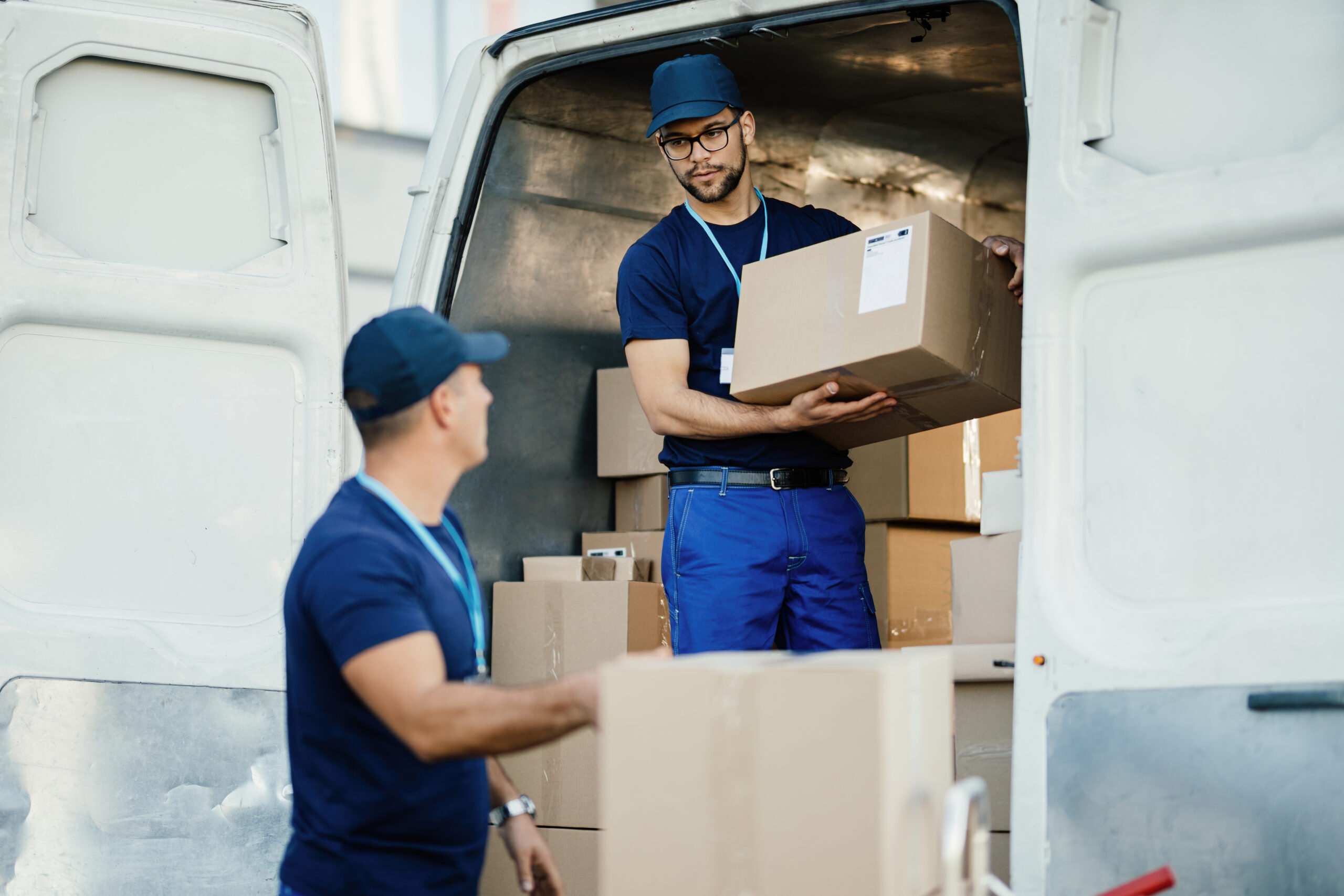Last mile delivery is a crucial step in e-commerce logistics, aiming to deliver orders to customers quickly. It encompasses the final stage of delivering orders from distribution centers to the specified delivery points. However, this stage can encounter various challenges. Here are the challenges faced in last mile delivery and the proposed solutions to overcome them:
Traffic and Geographical Barriers
In city centers, heavy traffic and limited parking spaces can negatively impact last mile delivery. This can lead to extended delivery times and reduced customer satisfaction. Technological solutions can help address traffic and geographical barriers. GPS tracking systems and algorithms analyzing traffic data can assist delivery vehicles in taking more efficient routes. Additionally, establishing depots or collection centers near delivery points can expedite last mile delivery.
Delivery Times and Prioritization
Customers place great importance on fast delivery times. However, high demand can result in longer delivery times and delays. Effective inventory management and order prioritization are crucial factors in improving delivery times. Regularly updating stocks and timely order picking can help reduce delivery times. Moreover, using intelligent logistics management systems enables delivery optimization and prioritization of urgent orders.

Returns Management
Returns pose another challenge in last mile delivery for e-commerce. Managing customer return requests can add an extra burden to the logistics process and increase costs. Establishing an efficient returns management system plays a vital role in facilitating the return process in last mile delivery. Offering customer-friendly return policies and implementing solutions such as automatic return labels and pre-designated return points can expedite the return process. Furthermore, utilizing feedback mechanisms to track and improve the return process is important.
Security and Theft
Security and theft risks are significant challenges in last mile delivery. Targeted theft or loss of products can harm logistics operations and undermine customer trust. Security measures play a crucial role in last mile delivery. Implementing security cameras, trackable packages, secure packaging, and personnel identification procedures can help reduce theft and losses. Additionally, strengthening the skills and security training of delivery personnel is important to ensure timely and secure deliveries.

Customer Communication and Satisfaction
Customer communication and satisfaction are of great importance in last mile delivery. Providing accurate and timely information to customers builds trust during the delivery process and enhances customer satisfaction. Communication tools such as automated updates and tracking numbers can be used to provide real-time information to customers about the delivery process. Furthermore, effective communication with customer service teams is vital in responding promptly to customer inquiries and resolving issues.
Last mile delivery is a critical step in e-commerce logistics, and it faces several challenges. However, technological solutions, effective inventory management, returns management, security measures, and customer communication strategies can help overcome these challenges. A successful last mile delivery process enhances customer satisfaction and provides a competitive advantage for e-commerce businesses.




